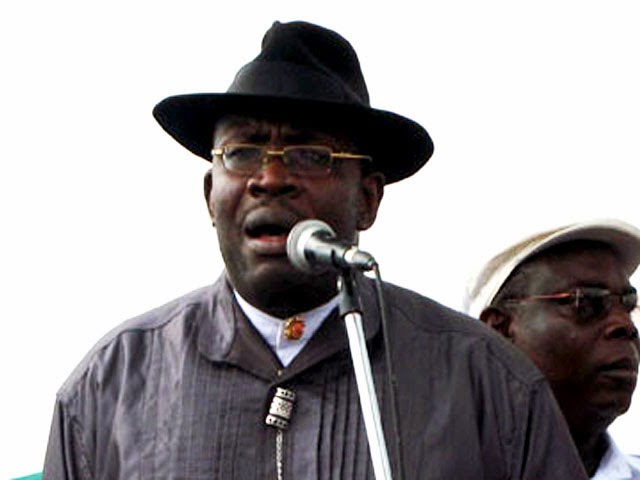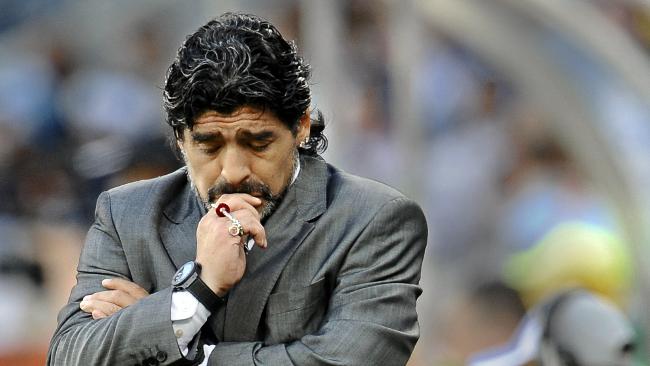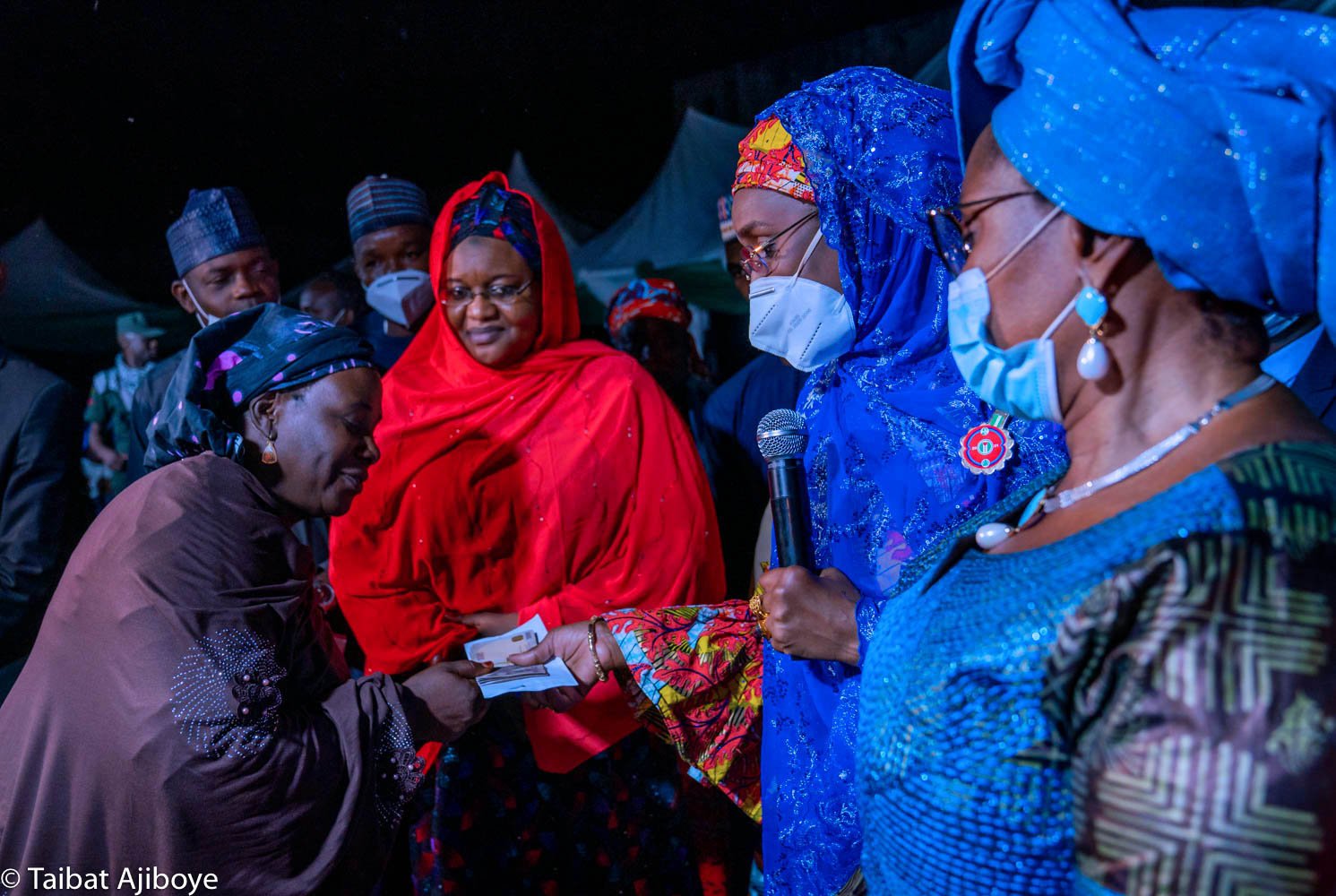In the last two weeks Nigerians, who have had any need for foreign exchange, have been grappling with the consequences of the Central Bank of Nigeria’s (CBN) attempt to defy the impossible trinity. As the Naira continues to tumble against major currencies, the CBN realised, as it did in the past and others before it did, it cannot defy the impossible trinity.
The impossible trinity (monetary trilemma) refers to the trade-offs, in an open economy, that the Central Bank faces in deciding its currency arrangement. The trilemma contends that, it is not possible to meet all the following three objectives simultaneously: fixed exchange rate; independent monetary policy; and free movement of capital. Only two can be achieved at the same time. The CBN prefers a fixed currency arrangement, the movement of capital is relatively free (though there are some restrictions that are not that effective), which implies monetary policy independence is lost. This means the CBN has to change its policy rates as dictated by external dynamics and cannot successfully pursue independent monetary policy. Nevertheless, the CBN tries hard to be independent. The result is the current confusion, the pressure on the Naira and the occasional violent devaluation of the Naira that has become the staple of economic management in the last four years. To achieve macroeconomic stability, that is urgently needed for economic growth, the CBN has to accept the trade-offs and make the necessary adjustments to its currency management.
Even before the coronavirus, Nigeria’s external position and current account were worsening. At the end of 2013, Nigeria’s net exports exceeded net imports by $19.2 billion on account of high crude oil price. Consequently, the country ended 2013 with a comfortable positive current account balance of $19.2 billion and foreign reserves of $43.8 billion. Unfortunately, crude oil price began to fall from a peak of $110 per barrel in June 2014 to $52 per barrel by the end of 2014. Things only got worse in 2015 and 2016. By the end of 2015, the current account deteriorated to negative $15.4 billion, which means Nigeria imported more than it exported. This was due to the fall in crude oil exports from $76.5 billion in 2014 to $42.4 billion in 2015. The negative current account balance in 2015 was the worst on record, at that time, in absolute terms. Matters improved in 2018 on the back of increase in crude oil price to an average of $70 per barrel during the year. Unfortunately, 2019 proved to be a sign of worse things to come. As crude oil fell to an average of $64 per barrel, and economic activities returned to the pre-2016 recession, the current account came under pressure and closed 2019 with a new record negative balance of $17 billion.
Despite obvious signs of a worsening of the current account as early as end of 2018 and throughout 2019, the CBN continued with policies that were likely going to make the Naira unattractive to hold. First, the CBN directly funded the Federal Government to the tune of a record N3.27 trillion as revealed in the fourth quarter 2019 budget implementation report released by the Budget Office of the Federation. One of the consequences of direct funding of government, which is akin to printing money, is an increase in inflation and pressure on the currency.
Advertisement
Second, the CBN, after record direct funding of government and consequently flooding the system with cash, then decided to restrict participation of non-banks from its open market operations. The immediate consequence was pension funds suddenly had limited options but to move to the bonds market. Rates promptly crashed, to the extent that yield on the 30-year bond is now around 6% and rates on Treasury Bills hovering around 1%. While low rates are good, given that the CBN cannot ignore external dynamics in managing interest rates as predicated by the trilemma, the Naira became unattractive, leading to its free fall. Smart investors, that were not constrained like pension funds, saw the writing on the wall and dumped their Naira assets for dollars.
While this was unfolding, coronavirus happened and crude oil price collapsed leading to production cuts. A perfect storm for the Naira if there ever was one. As at half year 2020, the current account was negative $8.86 billion, worse than half year 2019 (negative $7.4 billion). This is despite fall in imports due to the lockdown and reduced economic activity. The CBN dallied, refusing to believe its own data, before finally allowing the official rate to move to N360 to the dollar and then to N379. The response was clearly inadequate as the Naira kept falling in the unofficial market. On 30th November, the CBN made some positive changes allowing recipients of foreign remittances through various channels, such as Western Union, to receive foreign currency or to have the funds credited to an account. Remittances have already dropped from 2019 levels, with only $9 billion remitted in half year 2020 compared to $11.8 billion by half year 2019, a 24% drop, caused by the economic impact of coronavirus. Hopefully, this change will convince Nigerians to remit through official channels. However, more needs to be done to address the significant macroeconomic challenges that are threatening to inflict long term damage to an already fragile economy.
First, the CBN has to reconsider its record financing of the Federal Government and stick to the limits in the Fiscal Responsibility Act. The consequences on inflation and the exchange rate are clear to see and negate any fiscal advantages. Instead, the Federal Government should accept it is in the middle of a revenue crisis and should consequently critically re-examine the composition of the annual budget and reduce it, by eliminating non-essentials, to a level that could be sustainably financed. The resultant lower deficit, after reducing the size of the budget, could then be financed by issuing bonds rather than by significant CBN financing. Issuing bonds will have lower impact on inflation compared to creating fiat new money by direct CBN financing.
Advertisement
Second, the CBN should accept it cannot defy the impossible trinity. It has all the intellectual fire power in house to come up with an exchange rate system that is suitable for Nigeria but is different from what obtains today, which is clearly not working. At the risk of stating the obvious, an over-valued exchange rate is incompatible with export diversification, as Nigerian goods will be more expensive relative to other countries that have more competitive exchange rates. China, the export powerhouse, was accused of undervaluing its currency, in order to boost export. Nigeria should learn from China. Furthermore, an over-valued exchange rate is incompatible with the drive to discourage imports as imported goods are cheaper than they should be when the Naira is artificially propped up and overvalued. Finding an exchange rate system that encourages exports, discourages imports and reduces the need for violent adjustments of the rate is possible if the CBN accepts the obvious.
Third, the CBN should unify the multiple exchange rates. The current practice of supplying Bureau de Change (BDC) at N390 to the dollar, while they can sell it unofficially at N480 rather than official N392, only provides an opportunity for BDCs to enrich themselves to the detriment of end-users and the economy. The CBN should consider supplying dollars to BDCs at plus or minus 2% of prior week’s unofficial rate. This way, the arbitrage opportunity of buying at N390 to the dollar from CBN and selling at N480 will be eliminated and the Naira will immediately find its level.
Fourth, the CBN should allow exporters of non-oil unfettered access to their foreign exchange. This will not only encourage exports but will improve liquidity. The current practice of restricting what exporters can do with their own money discourages exports, encourages under invoicing of exports and other sharp practices.
Fifth, it is absolutely critical that the Federal and State Governments work to make Nigeria attractive for investments and to encourage exports. Nigeria desperately needs to find other sources of foreign exchange as oil can no longer provide the foreign exchange the economy needs to grow at a rate faster than population growth. The process is not easy and will take time to bear fruits but no one said leadership is easy and Nigerian policy makers need to rise to the challenge now, not later. Otherwise, Nigeria will be back to the stagnant 80s, but with potentially more devastating consequences, given the larger population of unemployed youths compared to the 80sand the advent of the internet, that makes it easier to compare Nigeria’s lack of progress with progress elsewhere and the attendant resentment and social pressures.
Advertisement
This is an exceptionally challenging time for policy makers. However, the solutions to Nigeria’s problems are known as others have tried them and succeeded. Nigerian policy makers need to rise to the challenge and steer the country safely away from the perfect storm of recession, rising inflation, a collapsing Naira and a broke Federal Government.
Views expressed by contributors are strictly personal and not of TheCable.






